Scottish Black Grouse Way Up But…
We’ve seen a couple articles in the UK media this month about a “revival” of the black grouse population. A neat-looking bird, by the way, maybe not shootable for that reason? (Lol.)
Anyhow, the BBC had this line which caught our eye: “Black grouse numbers in the Scottish Borders have shown an increase of nearly 70% compared with last year.”
But the next line is, “A recent survey undertaken by the Southern Uplands Partnership (SUP) recorded 390 lekking males – up by 160 on the figure for 2010.” (Lekking is the territorial display of male grouse during the mating season.)
Just 390 male birds! Wow – but came to learn (below) that’s just one area. Still, there aren’t many left. It’s a bird that needs some help, and of course the help it needs is – one guess – HABITAT.
SUP project officer Chris Land said in the article: “There is a real need to build on this momentum through creating suitable habitats between the core populations to secure the iconic species’ future in the Southern Uplands.
“Isolated populations will eventually die out if there is no genetic variation present, therefore connecting the core sites and establishing new sites is crucial to the species’ long term survival prospects.”
Sounds a lot like quail. Also sounds like the birds’ low numbers make them extremely susceptible to things like poor weather. From a different article:
“The earliest chicks start to hatch in the week of Royal Ascotâ€, he says, “but the peak hatching week is the start of Wimbledon. It’s a bit of a nervous time, because if you get two or three cold wet days in a row, then we get real problems like we had in 2007 and 2008, which were wash-outs.”
The quotee is Dr. Phil Warren, “the Game and Wildlife Conservation Trust scientist leading the project which has saved the black grouse.” Interesting to note is that he doesn’t seem to know why rain is a bad thing:
“The actual specific reason why it’s such a problem for chicks we don’t really understand, but what we do know is that unseasonal weather in the latter part of June can be devastating.”
Population History
Interesting stuff, from the same article:
> In the mid-19th century, the black grouse was present in every English county. Although the bird is now associated with upland moorland fringes, it used to be present even in Hampshire’s New Forest. Back then, the English population was measured in tens of thousands, and it was a popular game bird on many shooting estates.
> A century later, its numbers had dwindled with habitat changes – especially large-scale [de]forestation after the Second World War…. However, it still had a fairly wide distribution….
> But by the early 1990s, the English population of black grouse had crashed.
The remaining birds were found in four areas – North Yorkshire, Cumbria, Durham and Northumberland. At that time it was estimated that the annual decline was in the region of 10 per cent, and if no action was taken the bird would eventually become extinct as an English species.
> Scotland now has an estimated 65 per cent of the UK population and numbers in Wales have grown to around 240 birds….
> In England, black grouse were peaked at 1,200 males in the spring of 2007 but the June downpours which followed, and a wet 2008, wiped out newly-hatched chicks. The exceptional snowfall and frost of winter 2009/10, caused the population in northern England to collapse to an all-time low of 500 males last spring.
Category: Black Grouse, UK

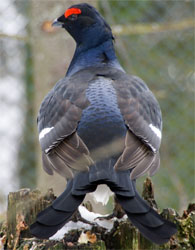




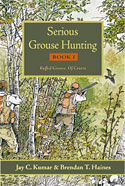


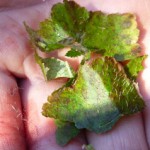
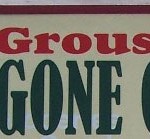
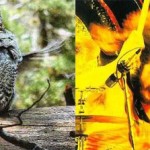
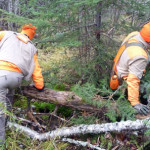
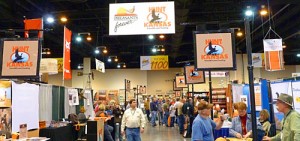
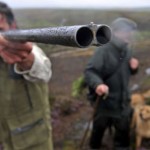

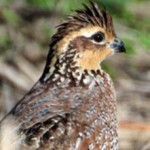
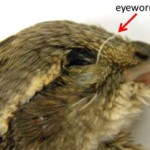

On the 22/07/2012 at 6.30 am, i started off on my climb of Ben Nevis, i `d never climb a mountain before but i new if i was going to get up this hill i was going to have to attack it , i think i was having some old army flash backs from when i was a squaddie , get up this hill you orrible etc? anyway it must of worked because i was soon past the crew in spandex.Yes i must of been a head but then about 2/3 thirds the way when the path looks more like quarry works i heard this sound baarb baarb , it was very misty at this height and visability was poor, could hear this sound but not see a thing , i thought must be sheep or a mountain goat do they have them here? Anyway i carried on up the path and about thirty meters on heard the sound again very close , looked to my side and there i saw that i now know to be black grouse as close as ducks in the park i could of picked them up i`d thought that type of bird would off in a shot like partridge,anyway i carried on up the path let grouse that look like a big partridge get on with what they were doing , amazing birds?